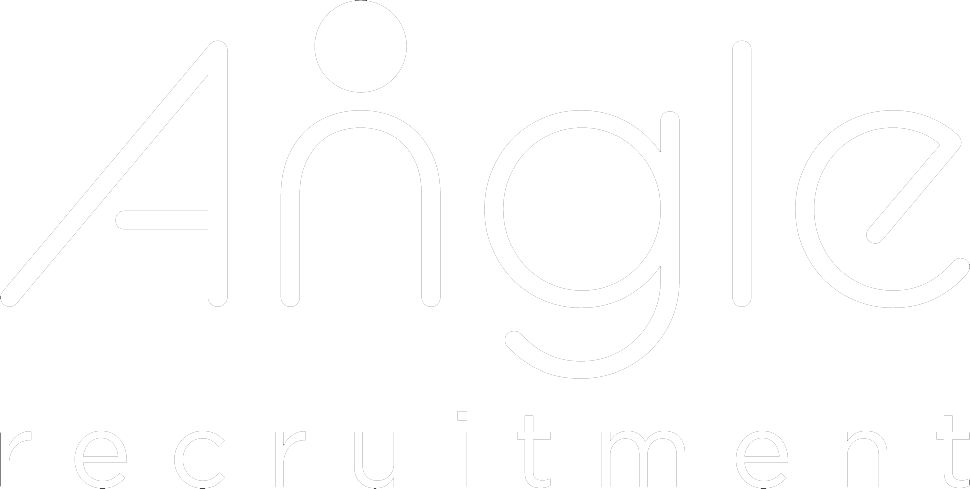Setting Sail for Success: Onboarding Shore-Based Staff in Maritime Companies
Onboarding is a critical process for any organisation, and maritime companies are no exception. When it comes to shore-based staff, effective onboarding is essential to ensure a smooth transition, foster employee engagement, and maximise productivity. In this article, we will explore specific strategies that maritime companies can implement to onboard their shore-based staff successfully.
Tailored Orientation Programmes
Develop orientation programmes that are specifically designed for shore-based roles. These programmes should provide a comprehensive overview of the company's mission, values, organisational structure, and key departments. Ensure that new hires understand and appreciate the roles they play, however big and small, that contribute to the success of the company. This will help induct them into the company and embrace the corporate culture better.
“Enhancing retention and reducing turnover”
Job-Specific Training
Provide thorough training for shore-based positions, focusing on industry-specific knowledge and skills.These may include training on maritime regulations, safety protocols, environmental practices, software systems, and other job-specific competencies. Offer a mix of classroom training, e-learning modules, and hands-on experiences to facilitate effective learning.
“Accelerating time to productivity”
Mentorship and Buddy Programs
Pair new hires with experienced employees who can serve as mentors or buddies. These individuals can guide newcomers, offer advice, and provide insights into the company's culture and expectations. Encourage regular check-ins between mentors and mentees to address questions and concerns.
Cross-Functional Exposure
Expose shore-based staff to different areas of the organisation through cross-functional initiatives. Arrange opportunities for job shadowing, where new hires spend time with employees from various departments to gain a broader understanding of the company's operations. Such cross-functional interaction help to foster teamwork and allow them to gain a more holistic view of the maritime business.
“Fostering collaboration and teamwork”
Clear Performance Expectations
Set clear performance expectations for each shore-based role and communicate them during the onboarding process. Define Key Performance Indicators (KPIs) and provide regular feedback to ensure employees understand what is expected of them. This clarity empowers individuals to align their efforts with organisational goals.
Feedback and Review Process
Establish a regular feedback and review process to provide constructive feedback to new hires. This enables them to understand their strengths and areas for improvement, promoting continuous growth and development.
“Setting the tone for engagement”
Integrate Company Values
Highlight the company's values and how they shape the organisation's culture. Emphasise the importance of teamwork, integrity, safety, and environmental responsibility and the importance of bringing these values to life as an employee. Showcase real-life examples of employees embodying these values to inspire new hires to follow suit.
Facility, Site Tours and Vessel Visits
Arrange site visits to key facilities, ports, terminals, or vessels to familiarise shore-based staff with the maritime environment and provide opportunities for them to interact with colleagues such as seafarers and others who are not based in the same office. Such visits offer first-hand exposure to operational aspects, equipment, and industry-specific challenges and give new joiners the opportunity to intermingle with colleagues working in different areas of specialisation. This helps employees develop a deeper appreciation for their roles and that of their colleagues and the broader industry.
“Building organisational loyalty”
Support and Follow-up
Maintain regular check-ins with new hires to ensure a smooth transition and create an open channel to address any concerns or questions. Provide them with a point of contact or a dedicated onboarding coordinator who can offer guidance throughout the process. Continuously assess their progress and offer support as needed.
Social Integration
Encourage social integration through teambuilding activities and events. Arrange gatherings, networking opportunities, or team outings to foster relationships among shore-based staff. This helps create a sense of belonging and a positive work culture.
“Creating a positive first impression”
Continuous Development
Promote ongoing learning and development opportunities for shore-based staff. Offer access to professional development programs, industry conferences, and relevant workshops. Support their growth by providing opportunities to expand their skills and knowledge.
Ensuring Safety and Compliance
Safety is paramount in the maritime industry, and onboarding provides an opportunity to educate employees about safety protocols, regulations, and industry-specific practices. By integrating safety training into the onboarding process, organisations can promote a culture of safety from the outset, mitigating risks and ensuring compliance with industry standards. This helps create a secure work environment for all staff.
Effective onboarding is a crucial step in setting shore-based staff up for success in maritime companies. By implementing tailored orientation programs, job-specific training, mentorship initiatives, cross-functional exposure, and continuous support, organisations can ensure a seamless transition for new hires. By prioritising the onboarding process, maritime companies can foster engagement, boost productivity, and retain top talent to contribute their best to the company.











